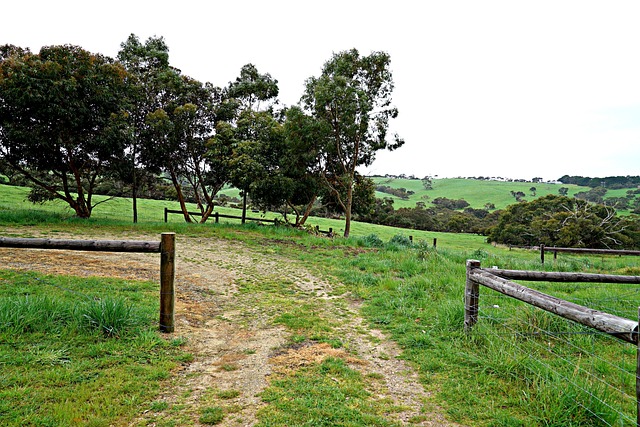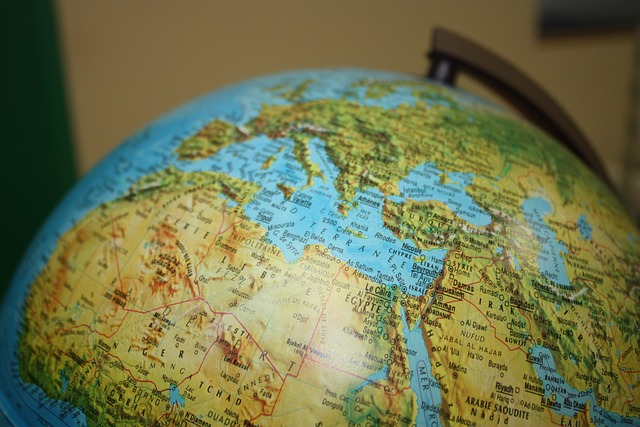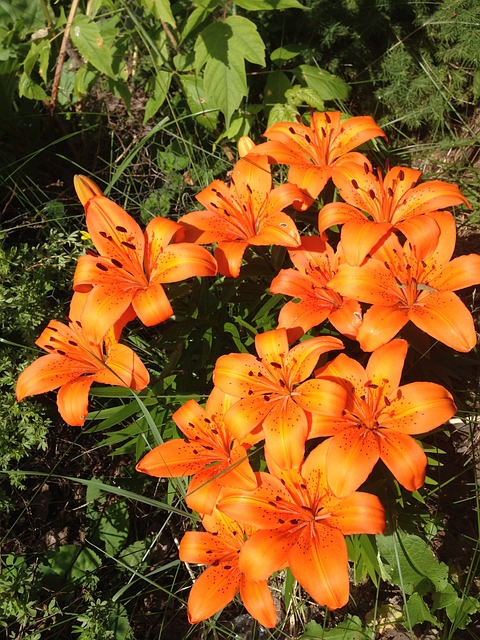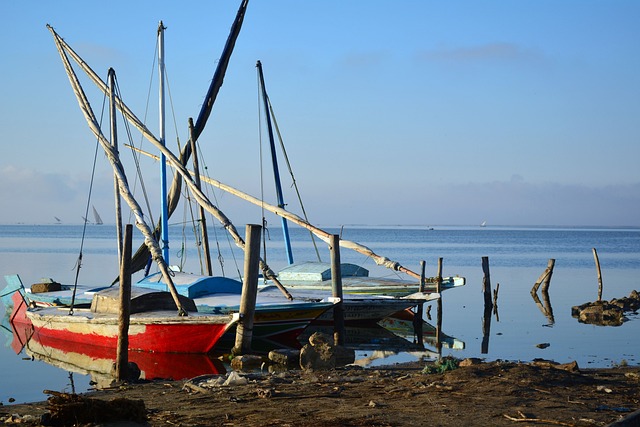entrar terra 👉 Entrar Terra: A Quest for Sustainable Land Use in Brazil

Entrar Terra: A Quest for Sustainable Land Use in Brazilentrar terra
As the world grapples with the urgent need for sustainable practices, Brazil finds itself at a crucial crossroads. The concept of "entrar terra," which translates to "entering the land," embodies a complex interplay between agricultural expansion, environmental preservation, and social justice. This narrative not only highlights the challenges faced by Brazil but also showcases the opportunities for transformative change that lie ahead.
At the heart of this discourse is the agricultural sector, a cornerstone of Brazil's economy and its identity. The nation is one of the largest producers and exporters of agricultural commodities in the world, boasting vast tracts of land dedicated to soybeans, sugarcane, and beef. However, this agricultural success story is underpinned by a troubling reality: deforestation rates in the Amazon rainforest have spiked in recent years, driven by the insatiable demand for land to cultivate crops and raise livestock. The juxtaposition between economic growth and environmental degradation is stark, revealing a pressing need for a reevaluation of land use practices.entrar terra
The "entrar terra" movement advocates for a more conscientious approach to land management—one that balances agricultural productivity with ecological sustainability. Proponents argue that sustainable farming practices, such as agroforestry, crop rotation, and organic farming, can enhance soil health, increase biodiversity, and ultimately yield higher-quality produce. This in turn can protect the Amazon and other critical ecosystems, which serve as vital carbon sinks in the fight against climate change. The challenge, however, lies in convincing a predominantly profit-driven agricultural sector to adopt these methods.
In contrast, the plight of indigenous communities and smallholder farmers in Brazil is often overlooked amid the broader conversation on land use. These groups have been stewards of the land for centuries, preserving local ecosystems and traditional agricultural practices. Yet, they frequently find themselves marginalized in discussions about land ownership and usage. The "entrar terra" philosophy seeks to amplify their voices, advocating for land rights and recognition of their sustainable practices. By empowering these communities, Brazil can harness traditional knowledge and promote a more inclusive approach to land use that respects both people and nature.entrar terra
Furthermore, the role of government policy cannot be overstated in this multifaceted issue. Effective regulation and enforcement are essential to curbing illegal deforestation and promoting sustainable land practices. While some initiatives aimed at protecting the Amazon have shown promise, inconsistent political will and corruption present significant obstacles. A transparent and accountable governance structure is vital for ensuring that land use policies are not only enacted but also adhered to by all stakeholders.entrar terra
International cooperation also plays a pivotal role in shaping Brazil's land use trajectory. As global consumers become increasingly conscious of their environmental footprint, there is a growing demand for sustainably sourced products. Brazil's agricultural sector must adapt to this shift by prioritizing sustainable practices, potentially gaining access to lucrative markets that reward eco-friendly production. By positioning itself as a leader in sustainable agriculture, Brazil can enhance its global standing while also protecting its rich natural heritage.entrar terra

Moreover, education and awareness are critical components of the "entrar terra" movement. Engaging farmers, consumers, and policymakers in discussions about sustainable land use can foster a culture of stewardship and responsibility. Programs that educate farmers about sustainable practices, alongside initiatives that promote the consumption of locally sourced, organic products, can create a more informed society committed to preserving Brazil's diverse ecosystems.entrar terra

In conclusion, the concept of "entrar terra" encapsulates the pressing need for Brazil to navigate the delicate balance between agricultural expansion and environmental conservation. While the challenges are significant, the opportunities for innovation and collaboration are equally compelling. By embracing sustainable practices, empowering marginalized communities, and fostering a culture of accountability, Brazil can redefine its relationship with the land—transforming a narrative of exploitation into one of stewardship and resilience. As the world watches, Brazil stands poised to lead by example, demonstrating that economic growth and environmental preservation are not mutually exclusive, but rather two sides of the same coin. The future of the land is in the hands of its people, and the time to act is now.entrar terra
Fale conosco. Envie dúvidas, críticas ou sugestões para a nossa equipe através dos contatos abaixo:
Telefone: 0086-10-8805-0795
Email: portuguese@9099.com


